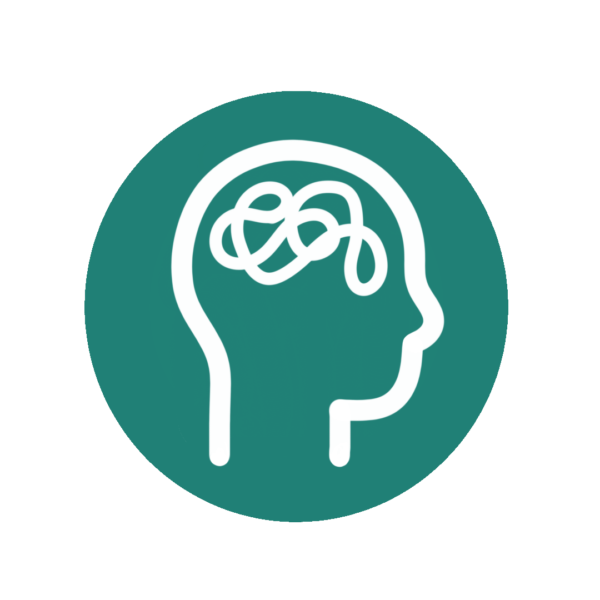What is postpartum psychosis?
Mental health

Postpartum psychosis is a serious mental health emergency that needs immediate psychiatric attention.
This is why 1 to 2 in 1,000 mothers need promotional mental support after giving birth.
What is postpartum psychosis
Postpartum psychosis (PPP), also known as puerperal psychosis, is a severe mental illness that can develop suddenly after having a baby. It is characterized by confusion, delusion, hallucination, high mood, and even violence. It can develop within days or weeks after childbirth. The symptoms vary and can change rapidly.
Symptoms
Different mothers may have different symptoms. Generally, they include:
- Hallucinations, such as seeing, smelling, feeling, or hearing things that are not there
- Delusions and thoughts or beliefs that are unlikely to be true, such as that others are trying to harm her baby
- A manic mood, like talking and thinking too much or too quickly
- A low mood, such as feeling depressed, being withdrawn or tearful, lacking energy, or having trouble sleeping
- A mixture of both a manic mood and a low mood, or rapidly changing moods
- Loss of inhibitions
- Paranoia, feeling suspicious or fearful
- Restlessness
- Insomnia
- Strong fear of not being a good mother
- Feeling very confused
- Disoriented as to place and time
- Feeling disconnected from the baby
- Violent thoughts, such as a voice telling her to hurt her baby
- Suicidal thoughts
Causes
No one really knows what causes postpartum psychosis, but it seems that the big hormonal changes after childbirth may help trigger it.
What is known, it’s not the mother’s fault for the psychosis to develop. PPP and the side effects — including violent thoughts towards the baby — are the result of a complex mix of biological (genetic) and environmental (the new mother’s situation).
Risk factors
Nonetheless, the factors that are known to increase the risk of postpartum psychosis include:
- A previous diagnosis of bipolar disorder or schizophrenia
- A family history of mental health illness, particularly postpartum psychosis (even if the patient has no history of mental illness)
- A diagnosis of postpartum psychosis after a previous pregnancy
- A history of substance abuse
- The pregnancy is unplanned
- It is the first pregnancy
- Inadequate breast milk
- Sleeping problems
When to get medical help
Postpartum psychosis is a medical emergency, as it can get worse rapidly and the safety of the mother and baby would be at risk. If you are experiencing any of the symptoms or know someone who is experiencing them, contact the doctor immediately. You can call the health emergency line if you cannot speak to the doctor or do not know what to do next.
Also instantly inform your family, partner, or a good friend about your situation. And ideally, seek support groups of other mothers who have gone through that.
Diagnosis
The doctor may use a standard screening tool and ask some questions that would help confirm whether the patient is experiencing postpartum psychosis. They would try to find out if the patient has:
- Thoughts of suicide, or harming the baby
- A history of other mental health illnesses
- A family history of mental health illness
- A history of substance abuse
The doctor will also try to rule out other conditions and factors that could cause behavior changes, such as thyroid hormones or postpartum infection. So, they may conduct blood tests for thyroid hormone levels, white blood cell counts, and other relevant tests that may help.
Treating postpartum psychosis
Treatment is given by a psychiatrist and it will include medications to reduce depression, stabilize moods, and reduce psychosis. If the patient doesn’t respond well to medicines or needs further treatment, doctors might recommend electroconvulsive shock therapy (ECT). All types of treatments are usually supported by psychotherapy and group therapy.
Thank you note
This article about postpartum psychosis was made in collaboration and with the support of the Pranaiya & Arthur Magoffin Foundation — Better Well-Being for Parent & Baby.
Verified:
Dr. Ketsupa Jirakarn (Mental health specialist) (2 August 2022)



